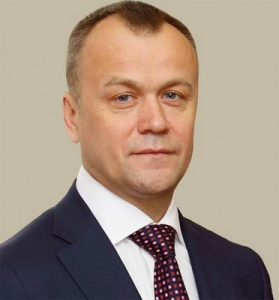A moral example of a teacher as a bearer of peace and tolerance ideas
UDC 371.4 BBK 74
The article considers the essence of a new principle of pupils’ moral development and upbringing – «a moral example of a teacher». The substantiation of a new axiological upbringing approach «pupils’ peacemaking upbringing» is given. Teacher’s preparedness for this approach realization is discussed.
Key words: tolerance, peaceableness, peacemaking, peace education, moral education, moral example of a teacher

